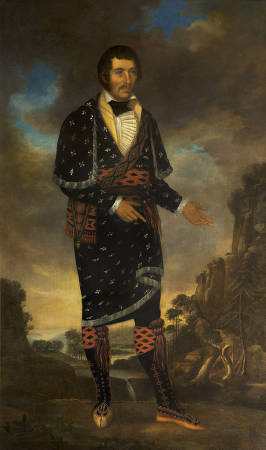
Portrait of William McIntosh (Alabama State Archives)
Note: This has been transcribed from an article written around 1921. Please consider the time-frame of the language used.
Both claimed victory, but who actually won?
The battle of Enitaohopco was a battle fought by Gen. Andrew Jackson with the Creek Indians at the Creek village of Anatichapko, January 24, 1814, and two days immediately following the battle of Emuckfau. On the night of January 23, Gen. Jackson’s army, fresh from the victory over the Indians at Emuckfau, but almost destitute of supplies, encamped near the Creek Indian village of Anatichapko.
The camp was on the south side of the creek of that name, and a quarter of a mile from the ford, at which they had previously crossed. The ford was a deep ravine between two hills covered with dense shrubbery. It afforded admirable opportunity for an ambuscade, and this Gen. Jackson so much feared, that another ford was found 600 yards below the first.
March resumed
On the morning of January 24 the march was resumed. The litters with the wounded were placed just behind the first guards. The three columns of the right, the left and the center were commanded respectfully by Cols. Perkins, Nicholas T. Stump, and William Carroll.
The officers had been previously advised by orders as to the formation in case of an attack on front, rear or flanks. As the movement began, the Indians in ambush, discovering the unexpected change of route, left their hiding places, advanced and fired upon Capt. Russell’s company of spies which was bringing up the rear. The fire was returned, and the company gradually retired until it reached the rear guard.
As the firing began, the advance guard, the wounded and a part of the men were already across the creek, and the artillery was just entering it. Gen. Jackson himself was in the stream when he heard the firing commence. He at once had an aide to go forward and form a line for the protection of the wounded, and he himself turned back to the east bank. Here he discovered a most disgraceful condition.
Enitaohopco Creek (Clay County History)
Rear-guard plunged into the stream
Nearly the entire rear guard, panic-stricken, had plunged into the stream and were making their way to the other bank. Only a small force of about 100 men remained on the east side, and their fighting was to prove an offset to the panic of the rest. The force left to bear the brunt were Capt. Russell’s company of spies, about 25 of the rear guard under Col. Carroll and Capt. Quarles, and Lieut. Armstrong’s artillery company. Capt. Quarles soon fell. These gallant men and their comrades, with the greatest heroism, contended against many times their number.
The Indians appreciating the situation, were jubilant because of the disorder. Lieut. Armstrong, at the first fire of the Indians, had ordered a part of his company to advance, take possession of a hill, and hold it with their muskets, while he and others dragged the six-pounder from the creek to the same point. The cannon, placed in position, poured a fire of grapeshot into the ranks of the enemy. Again it was loaded and fired, and by it and with the fire of muskets, the Creeks were driven back.
Photograph below is a cannon at Fort Toulouse Museum, Alabama
Photograph of a cannon at Fort Toulouse Museum, Alabama
You must save the cannon
An incident, here to be related, due to the hurry and confusion incident to the first moment of attack, admirably illustrates the daring and courage of the brave pioneer fighters. The rammer and pricker were left tied to the limber, but in spite of this mishap two of the gunners, Constantino Perkins and Craven Jackson, were equal to the emergency, Perkins using his musket in driving down the cartridges and Jackson using his ramrod in preparing them for the match.
ALABAMA FOOTPRINTS Exploration: Lost & Forgotten Stories (Volume 1)
The artillery company suffered severely. Lieut. Armstrong fell severely wounded, exclaiming “my brave boys, some of you may fall, but you must save the cannon.” In the meantime Gen. Jackson and his staff had, by very great exertion, somewhat restored order, and detachments were sent across to support the small force so bravely holding the crossing. Capt. Gordon’s company of spies, which was leading the army and was well across the creek, now recrossed, striking the Indians on the left.
Notwithstanding he was severely wounded at Emuckfau, Gen. Coffee mounted his horse, and was of great service to Gen. Jackson in stemming the tide of disaster, and encouraging the men to meet their duty. The tide of battle now began to turn. The Indians could not withstand the increasing attacks. They broke at all points and fled, throwing away blankets, packs and everything else impeding their flight. They were pursued more than 2 miles.
Losses and Wounded
The losses of the Americans in the battles of Emuckfau and Enitachopko, were 20 killed and 75 wounded. Some of the latter died. According to Buell the loss of the Creeks in these two battles was 194 killed, and more than 200 wounded. The statement of Gen. Jackson is that the bodies of 189 Indians were found dead. He reported that only a guess could be made as to the number of wounded. In Eaton the statement is made that it was afterwards learned from prisoners that more than 200 warriors never returned from these engagements.
The forces of the Creeks in each engagement were much less than the Americans. Pickett states that they had less than 500 warriors. After burying the dead, Gen. Jackson resumed his march without molestation, and on January 27 arrived at Fort Strother.
Notwithstanding their losses, and their consequent inability to pursue, the Indians are stated, by Pickett, to have looked upon the retrograde movement of Gen. Jackson into Fort Strother as indicating a victory for them They boasted that they “whipped Capt. Jackson and drove him to the Coosa River.”
SOURCES
- (Transcribed from History of Alabama and Dictionary of Alabama Biography by Thomas McAdory Owen)



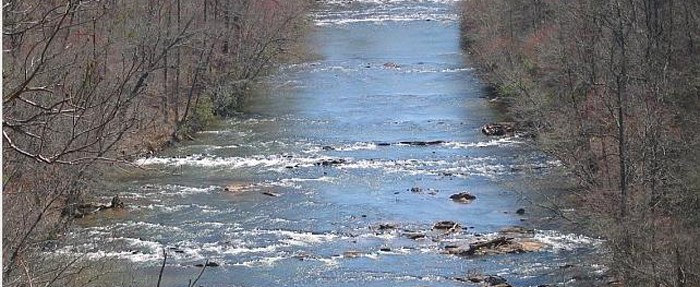
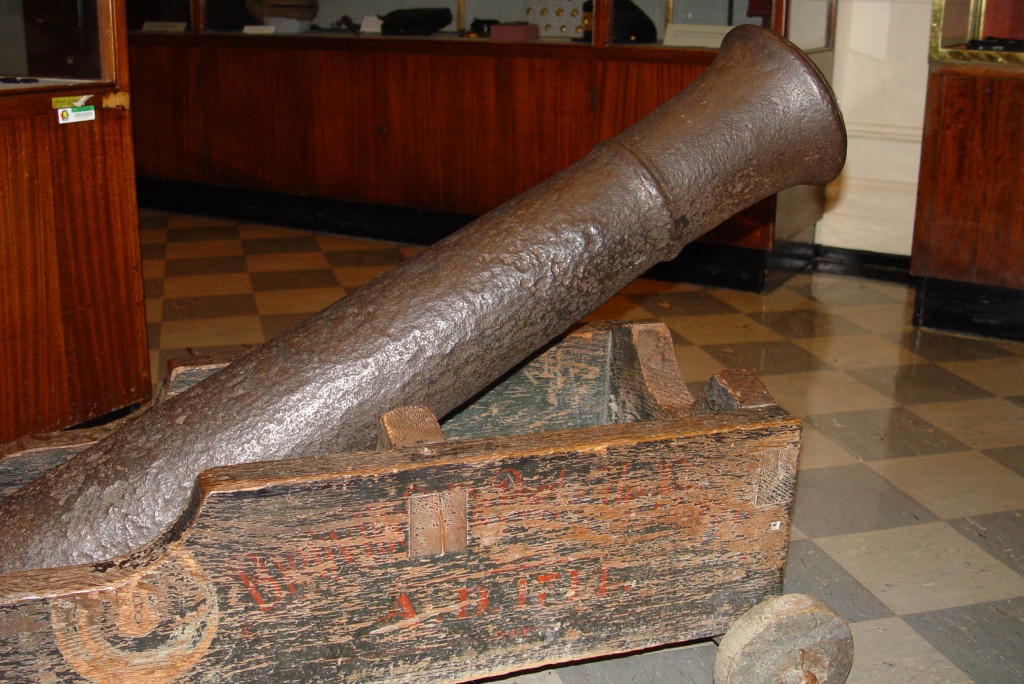
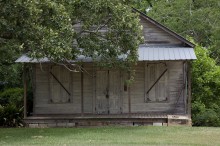
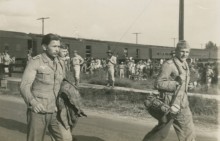
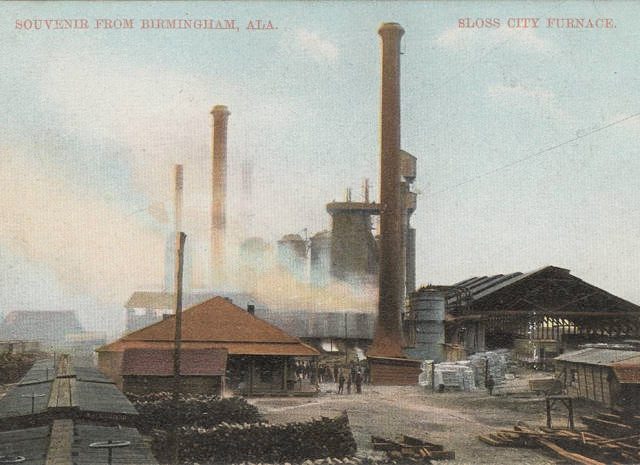
The saying ” If the Good Lord is willing, and the Creeks don’t rise” is what the General that Jackson left in Alabama to send a fast horserider to DC if the Creek Indians broke the truce. He had been invited to come to an inaugural ball.
The military defines a battle victory as the army in control of the battlefield at the end of the hostilities. In this regard, Jackson would have been the victor.
The army in sole possession of the battlefield at the end of the fight is the victor, such is the definition of military victory. Jackson won.
I wish the Indians had won. Jackson treated the Indians like dirt always.
Jackson was the Native Americans worst enemy.
Captain Jack jumped creek to creek but complained to the Secretary of War that the Indians eluded him and no one said Creek Indians.
William Weatherford of the Hickory Tribe came forward with a proposal and was said to have surrendered due to Jackson’s men burning the towns and surrounding woods.
As one might imagine being blazed out meant huge forest fires.
William Weatherford and men like John Ross, Stand Watie called Red Fox, Red Fort, Lee, Loftus, Pappy Lem Byrd, Dave Crockett Weaver, James Weaver, Joel T Rivers, Mr. Petillo, William Byrd, Red Byrd, and others of the Byrd Clan joined Jackson as scouts and spies and numbered between 28 and 56. William McIntosh may have been Among this group.
They are given credit for their service in the Choctaw Treaty of Doak’s Stand and in the Choctaw Treaty of Dancing Rabbit Creek for their service in the Florida Campaign.
Florida was Mount Vernon Alabama aka West Florida
Thank you!